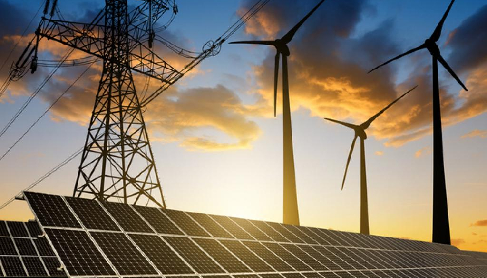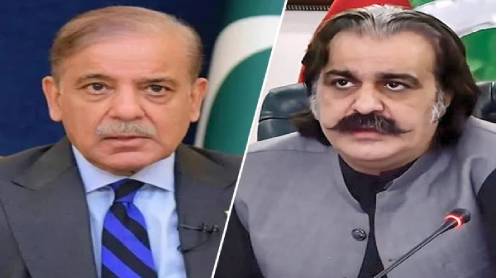ISLAMABAD: After a decades-long delay, the National Electric Power Regulatory Authority (Nepra) has started granting first-ever separate licences of Suppliers of Last Resort (SoLR) to existing distribution companies (Discos) for 20 years to bifurcate their distribution (wire & pole infrastructure) and electricity supply (commercial & billing etc) businesses for future bilateral competitive power business.
This should have happened in the 1990s under the power sector reforms programme to allow multiple suppliers and buyers in the competitive electricity market but successive governments failed to make progress and the entire electricity operations remained the exclusive right of Discos in a monopolised format. Now, these firms will have two parallel licences for each business and a different set of obligations.
Islamabad Electricity Supply Company (Iesco) which has the exclusive electricity rights over Islamabad Capital Territory, parts of Punjab and Azad Kashmir emerged as the first company to be given a separate suppliers licence by Nepra with a backdated effect from April 27, 2023 for 20 years ending April 26, 2043.
“In terms of provisions of Section-23E of the Nepra Act, Iesco had the status of deemed licensee for electric power supplier for five years which expired on April 26, 2023. Therefore, this licence is granted for a term of 20 years commencing from April 27, 2023,” said Nepra in its order while issuing the SoLR licence to Iesco which has more than 32 million consumers.
Nepra says Discos will now be responsible for planning, demand forecasting, supply including billing and recovery
Under the new licences, the power companies would now be responsible for power planning, demand forecasting, procurement and supply to the consumers including billing and recovery and take over responsibilities of private entities including power supply to their consumers and also clear liabilities in case of default by any private company.
Earlier, the power planning, forecasting and procurement functions used to be performed by the Central Power Purchasing Agency (CPPA) on behalf of Discos which had no say in these activities except selling electricity to various consumers.
Going forward, Discos would have to provide open access to multiple electricity suppliers and consumers under their bilateral contracts as part of the Competitive Trading Bilateral Contract Market (CTBCM). Given the track record, it is still uncertain how long will it take for the entire electricity sector to graduate to CTBCM model where consumers could have a power supplier of their choice based on performance and service delivery.
Nepra noted that Rule-7 of the ‘Supplier Rules’ stipulated the minimum term of such licence for 20 years and explained that in terms of Section-23E of the Nepra Act, all the existing distribution licensees had a deemed supplier status for five years from the commencement of the 2018 Amendment Act which lapsed on April 26, 2023. To avoid a legal vacuum, Nepra fixed the term of Iesco’s 20-year supplier licence from April 27, 2023.
The licensee shall be responsible for the supply of electric power within its service territory on a “non-discriminatory and non-exclusive basis to all the consumers” at the Nepra-approved rates and charges. It shall be “obligated to provide electric power supply to the bulk power consumers… after default of their competitive supplier” and meet all performance standards to ensure the quality of supply and service.
In case, the supplier licensee does not supply electric power to any person who fulfils the consumer eligibility criteria within the time limit given in the consumer manual, Nepra would take legal proceedings. The licensee would have the right to ask the concerned Disco for disconnection of any consumer, including a bulk power consumer, for default in payment of power charges or for involvement in theft.
The supplier firm would be responsible for ensuring the security of supply for its consumers by planning electric power procurement in advance in adequate quantity to meet capacity obligations and avoid under or over-contracting while ensuring compliance with the least-cost procurement of generation. This includes adopting efficient power procurement strategies and risk mitigation mechanisms and maintaining creditworthiness while complying with payment obligations.
Such entities would submit every year an updated five-year business plan covering all the major aspects of their licensed activities to Nepra.





